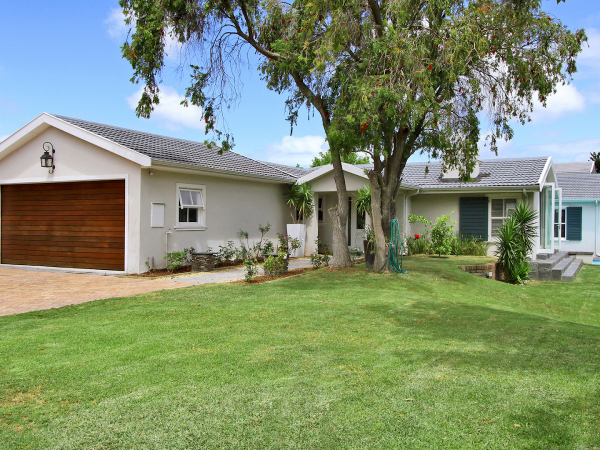
Buyers prefer lifestyle estates over freehold, despite their high price
Freehold homes within an estate are often more expensive than properties outside of the development.
However, homebuyers are beginning to transition to an estate as it offers greater security, privacy, and access restrictions to keep those entering without permission.
Chairman of the Seeff Property Group, Samuel Seeff, believes that there has been a notable trend since the onset of the pandemic. Homebuyers are now looking for secure estates and provide a better quality of life for themselves and their families.
It is important to note that living in an estate and living in a freehold property has vital differences. We explain the dissimilarities below.
What Is a Freehold Property?
Living in a freehold property (outside an estate) gives you full ownership of the land and your building structure. If you decide you want to expand or build onto your property, you have the freedom to do so as long as it complies with construction rules and regulations. Renovating your property allows you to increase the value of your home should you wish to sell in future.
Freehold property can also be in an estate, but you would need to abide by its own ground’s rules and guidelines.
What Is a Housing Estate?
A housing estate consists of a cluster of fully enclosed homes and comes with 24-hour security, a highlight for many home buyers. For families and outdoor enthusiasts, housing estates are a practical option as it offers wide-open spaces with hiking and cycling paths. Children can interact with other kids on the grounds and play parks while parents can enjoy golf or a game of tennis or squash. Some housing estate amenities also include a clubhouse for socialising.
Housing estates are controlled by the CSOS Act (Community Schemes Ombud Service Act). And maintained by the Homeowners Association - made up of owners that manage and take care of the grounds, security, compliance and legal issues, insurance with the help of estate managers. There may also be additional fees to cover any infrastructure upgrades from time to time.

Essential Differences Between Estate and Freehold Living
Housing Estate:
- Living within a housing estate will be more costly as you will be paying more expenses towards amenities and security.
- Along with the housing estate’s monthly utility bill, there is usually a levy to cover the cost of security and estate maintenance.
- In an estate, you are part of a community, and you will need to abide by the rules and regulations, including the use of amenities, noise levels, and the number of visitors.
- Uprightness and quality of an estate are significant assets in boosting property values, which means there may be restrictions in place should you wish to renovate your property.







